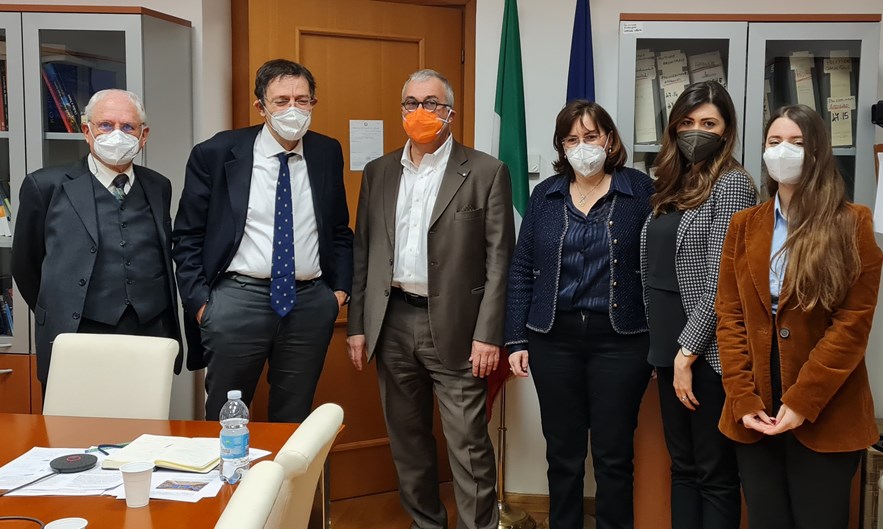2 March 2022
On Wednesday 2 March 2022, hearing of Valentino Bobbio, Secretary-General of “NeXt – Nuova Economia per Tutti” (litt. New Economy for All), and Leonardo Becchetti, President of the Scientific Committee. Founded in 2011 as a network of civil society associations, NeXt aims to promote and contribute to creating a new economic model that is more sustainable, participatory and accessible to all.

Hearing summary
In the position paper presented, drawn up with several associations joining NeXt, the interviewees propose a new environmentally sustainable and inclusive economy that appreciates bottom-up participation as a process and innovation factor.
Integral sustainability calls for rethinking the business objectives as follows:
- Well-being for all, as the goal to be pursued by the economy;
- Use of only regenerable resources of our Earth, as the applied criteria;
- Profit, as the need to invest and innovate and as a stimulus to operate.
To ensure good quality life, the economy must respond to human beings’ needs. Relationships, quality of communal life, solidarity, proximity, and generativity are essential for our happiness. A systemic vision is needed, to put human beings and their happiness at the centre of initiatives – happiness comes from taking care of the community and others, from not leaving people behind and marginalised.
Business is a powerful tool and, when its strategic orientation is aimed at people's well-being, it contributes to life quality. Businesses are often locked into the economic/productive context in which they operate without seeing alternative possibilities for more resilient developments. A 5.0 enterprise produces goods, services and income, focusing on the promotion of the individual and society, in a new market economy regulated both by public policies aimed at the greater good, and by the bottom-up demand for sustainability that comes from responsible action of citizens (market demand) who buy and save (so-called “pledge with one’s wallet), thus rewarding enterprises that perform strategies and make responsible choices for people and the environment.
The so-called “pledge with one’s wallet” is an important tool to change the economy, promote citizens’ daily commitment to choosing responsible purchasing, both of products and services, and of investments to induce businesses to undertake paths of change towards environmental and social sustainability.
Businesses become responsible through:
- Workers’ participation, in several forms and ways;
- Management-related cultural change to manage the array of integrated social, environmental and economic objectives;
- Transparency and dialogue opening up an alliance with active and responsible citizens-consumers.
NeXt and its associates ask the European institutions to involve people in a common project for a responsible society, promoting inclusive growth models that prioritise wellbeing, primarily of excluded groups, and the preservation of the Planet. Investment must be focussed on left-behind people and places, so as to correct unequal access to education, health services, and labour market.
The digitisation process promoted by Europe should be oriented not only to efficiency gains (for enterprises, public administrations and/or processes), but also towards access to complete, verified and useful information for active participation of all stakeholders in decision-making processes.
NeXt has set up tools to mobilise and engage citizens, as well as to accompany the transformation of businesses.
